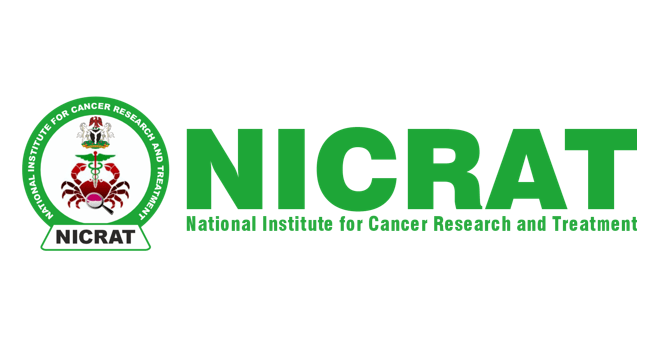Syndicate Bio & National Institute for Cancer Research and Treatment Partner to Tackle Cancer in Nigeria
The National Institute for Cancer Research and Treatment (NICRAT), the premier organization that offers national leadership on cancer research, treatment, and control in Nigeria, has partnered with Syndicate Bio, a biotech platform company dedicated to advancing genomics and precision medicine initiatives across the world’s most diverse regions. Together, they have launched the “Cancer Genome Nigeria” project, an investigation that will look at the most common malignancies among more than 300 ethnolinguistic groups and Nigeria’s six geopolitical zones in order to close the gap in cancer disparities.
Syndicate Bio was founded in September 2023 by Dr. Abasi Ene-Obong, Co-Founders: Dr. Jumi Popoola and Estelle Dogbo. Through partnerships with governments, pharmaceutical companies, academia, and other important industry players, Syndicate Bio is enhancing the impact of precision medicine locally while producing priceless datasets that enhance global health outcomes and expedite drug development. Through the strategic alliance, patients in Nigeria will receive cancer detection and treatment in a way that will revolutionize the field. Through this project, Nigerian patients would have access to better focused therapies by increasing the country’s availability and accessibility of next-generation sequencing (NGS) based cancer testing.
Participating physicians will also receive precision medicine training to ensure they are equipped to offer patients in the program individualized treatment plans and support genetic counseling services, ultimately leading to long-term and revolutionary standards of care.
The obstacles associated with managing cancer care are notably greater in Africa than in Western nations. The National Cancer Control Plan states that the death rate from breast cancer in Nigeria is 51%, which is significantly higher than the US rate of 19%.
For prostate cancer, the data is inconclusive, although only 45% to 55% of Nigerian men survive for five years or longer following diagnosis, compared to 85% and 97% in the UK and the US, respectively, who will live for five years or longer.1; 2; 3. Nigeria’s low survival rates can be partly attributed to the absence of tailored treatment solutions. Evidence suggesting that cancer-causing mutations in Africans and the African Diaspora may differ from those in other non-African populations also explains this frightening gap. Targeted medicines in conjunction with early identification of malignancies and their genetic causes will enhance patient management and increase survival rates in Nigeria and throughout Africa.
Through this collaboration, the genetic profile of common tumors will be decoded in Nigeria, a first for the application of NGS technology. Patient-centered treatment, personalized genetic reports, and access to life-saving tests will all be made possible by this. The partnership’s goal for this study is to create a research resource tool that would be helpful for preclinical and clinical cancer research worldwide and to encourage targeted therapies to be widely used in Nigerian cancer treatment.
The program, which began with 100 participants in a pilot project to sequence the most frequently occurring oncogenes linked to solid tumors (breast, prostate, NSCLC, liver, and colorectal cancer) in the nation, is expected to grow to 10,000 patients over the course of the following five years.
“The disparities in cancer care in Nigeria and across Africa represent an ecosystem challenge that demands tailored solutions,” stated Dr. Abasi Ene-Obong. The strategy used by Syndicate Bio creates cooperative relationships with stakeholders and current healthcare systems in order to promote inclusive global genomics advancements and local effect throughout Africa. Because of this, our collaboration with NICRAT is critical to the progress of cancer research and treatment outcomes in Nigeria, which will have an international influence by incorporating various genomes into cancer research.
Through NICRAT’s reach, all of Nigeria’s geopolitical areas will benefit from this study, and patients in Nigeria will be able to get precision medicine (”). A report by the Lancet Oncology Commission in 2022 brought attention to the startling increase in cancer diagnoses in Sub-Saharan Africa. The study predicted that by 2030, the region’s cancer-related mortality rate may have doubled due to a lack of complete cancer data and restricted access to screening and diagnosis. This highlights how crucial synergistic cooperation among many parties is to resolving this situation.
Director General of the National Institute of Cancer Research and Treatment Prof. Usman Malami Aliyu commented on the collaboration, saying, “Working with technical partners like Syndicate Bio is a critical time in our research and treatment. The long-term treatment of cancer patients in our nation will change thanks to this study, which was created by and for Nigerians.
This audacious project will help create data to comprehend mutational signatures in tumors and their frequency in Nigeria, set the standard for ethical research at scale, and benefit patients and their caregivers in real time.




